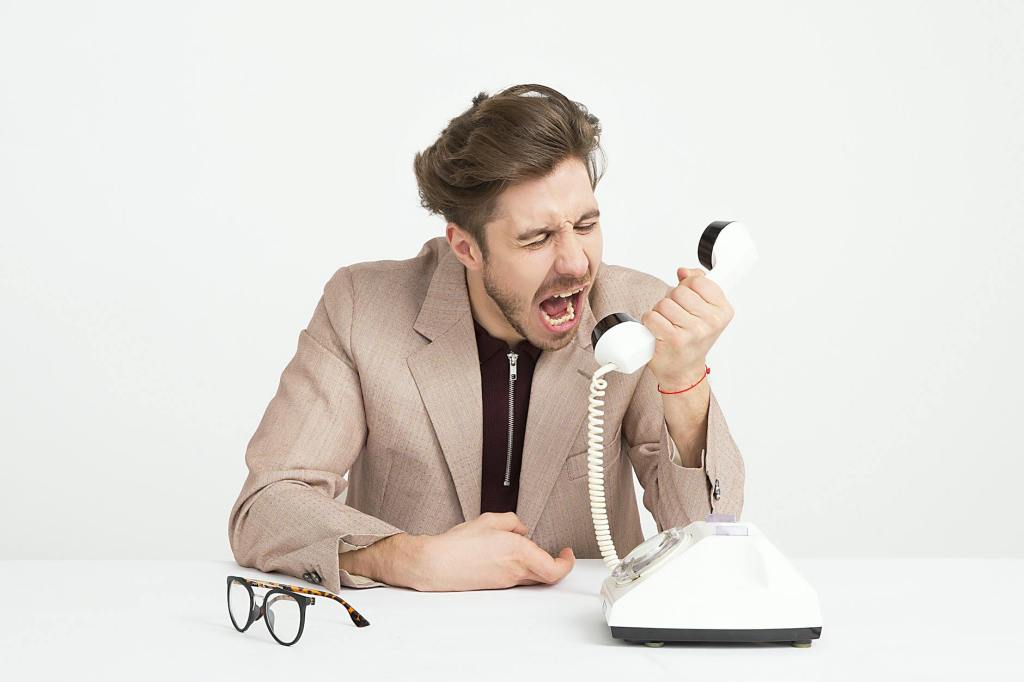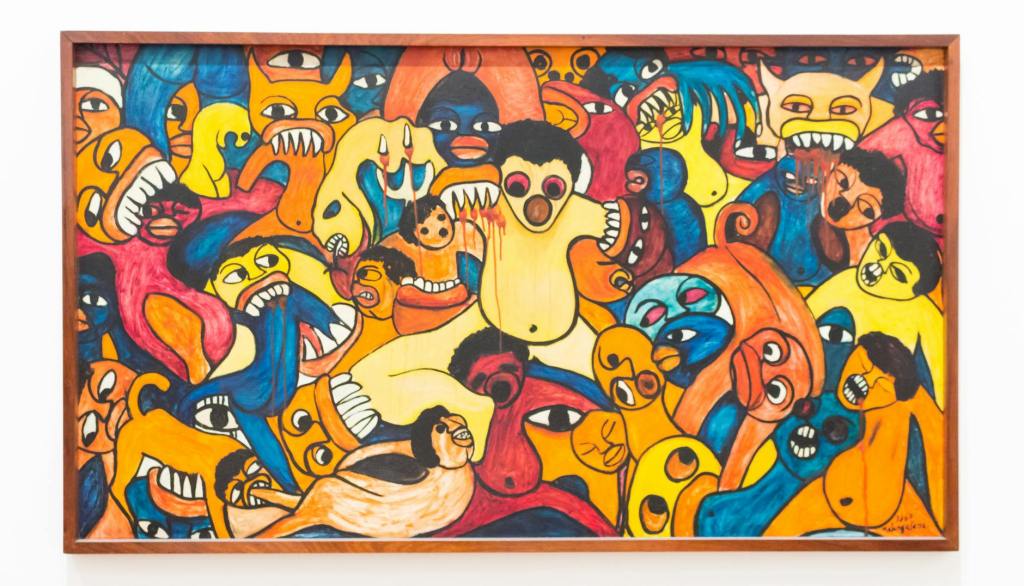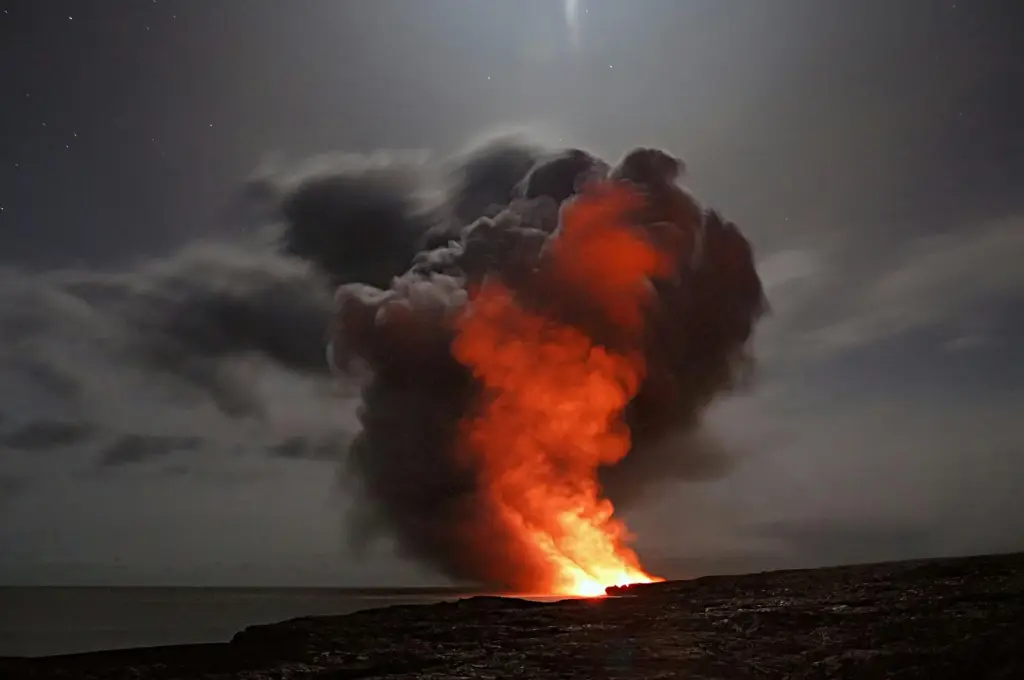I wrote this two weeks ago on my first day of sobriety from my primary trouble substances. I detail more of that story in my previous post Unicorn Hunting. I present this as a stream-of-consciousness regarding my thoughts on that first day. I have since begun attending substance use support meetings, recognizing this as a problem I cannot and should not handle alone. Nevertheless, it is crucial that I proceed through the recovery process on my own terms, not ones dictated by the Drug War or our culture’s often twisted values.
I was born in 1971, two years before Congress established the Controlled Substances Act, thereby criminalizing virtually every non-prescription substance the government perceived people to be getting “high” on, mostly substances that were associated with progressive political forces, such as Blacks and hippies. The passage of this Act kicked off the Drug War, ostensibly waged to protect children and the very fabric of society from the evils of “illegal” drugs, largely marijuana, heroin, and psychedelics.
This War has colored every aspect of my generation’s existence. We have been steeped in anti-drug propaganda since we first entered school, or even before via our churches and families. The prevailing message was “good people don’t do drugs!” and a hard emphasis placed on total abstinence from such substances and social vilification of those whose chose to use them. And it was presented as a choice on the part of people, one they could avoid by “just saying no”.
In this way, parents were turned against children (and vice versa), siblings turned against siblings, and neighbors turned against neighbors. Enemies were forged from the lies that were told to us about drugs and the reasons why people use them. We were even made enemies against ourselves, engaging in scathing self-judgment whenever we found ourselves in the socially unenviable position of becoming a “drug user”, hiding this activity even from our own psyches by lying to ourselves about it.
Like many of my generation, the Drug War had little to no effect on whether or not we tried drugs. They were cheap and easily obtained in the 80s, as long as you had money. In fact, the Drug War may have had the opposite effect: it educated us about the different effects of drugs, allowing us to make more informed decisions about which ones we were going to use and how, as long as the information itself was accurate.
For myself, I made an early decision to shy away from clearly addictive substances such as cocaine and heroin and stuck to weed, and then later, psychedelics, despite the obvious lies regarding its effects. Like so many of my generation, I was subjected to annual or bi-annual lectures given to entire grade levels regarding the terrible, gene-altering effects of drugs, especially LSD, putting us at risk of giving birth to horribly deformed babies. In hindsight, it’s amazing the things they told us to keep us off drugs.
To anyone with a soul and a brain, it was clear that people didn’t use drugs just because they were stupid or immoral on some level. At their most basic, people used drugs because they were fun. On a deeper level, it was often clear that people were using them to access fun that was otherwise unreachable in daily life. They weren’t just looking for a good time, they were in pain on some level, even if they weren’t aware of it themselves.
Unfortunately, all of this personal pain was made so much worse by the moralizing of the Drug War. Rather than receiving sympathy for a well-intentioned effort to self-medicate and receiving better methods for doing so, people on drugs found themselves (and still do) subject to an incredible amount of judgment from multiple sides of our society: family, friends, school, jobs, and from within. The message that only bad people do drugs is repeatedly reinforced in many ways.
There are many terrible things to be said about the Drug War, from the millions of ruined young Black lives to the grotesque transformation of our police forces into armed goon squads, but one of the worst is the social conditioning that has taken place since the 70s. The constant blast of messaging telling every man, woman, and especially children that they are bad people if they use drugs has had a massive and deleterious effect on the collective psyche of America and the many parts of the world touched by the Drug War.
I’ve struggled repeatedly with these layers of judgment over the course of my life as I’ve been forced to engage in the self-medication of my c-PTSD by using cannabis, which despite its social reputation is actually the safest medicine I can administer for what ails me. Yet even though I live in a state where cannabis is legal, I am still forced to live somewhat outside the law due to its illegal federal status, the result of that 1973 Controlled Substances Act which placed cannabis as Schedule I: “no medical benefit”.
It has only been through assiduous therapeutic effort on my part over the last few years that I’ve been able to chip away at the Drug War conditioning that has wormed its way deeply into my psyche, having been exposed to it from such a young age. Instead of having a knee-jerk reaction to needing to use cannabis, I’m much more reasonable and compassionate about it now, recognizing why I have to use it (in my case, intractable physical anxiety that makes me feel like I’m coming out of my skin, not to mention horrid nightmares).
Moving to a legal state greatly eased this process, which was almost impossible to engage in as long as I lived somewhere that my freedom was threatened just by treating my health. It’s difficult to convey the constant tension that comes with being a cannabis user in a state where severe sentences are given even for tiny amounts. Every transaction was risking our freedom.
Now getting cannabis is no more trouble than a milk run. In fact, more than once I’ve sent the husband to the dispensary while he was out getting milk. I no longer have to watch what I say and can freely ask questions without fear. Nor do we have to worry about getting pulled over, or rather, if we are, it doesn’t matter! And perhaps most importantly, I no longer judge myself for spending money on what is essentially my medication.
In a world where it’s increasingly difficult to find enough money to cover everything that needs paying for, this was an area in which I found my Drug War programming to be very strong. Every time I paid for my “illegal” medication, I found myself judging myself for spending my money “immorally”, immediately thinking of a list of “more important” things I “should” be spending money on. I still do this to a certain extent, always questioning how much I’m using and whether I’m being responsible. I suppose this could be seen as wisdom, but it’s been tainted by decades of Drug War propaganda.
I was recently afforded another opportunity to break down that propaganda. The nature of my traumatic history means that, according to psychology, I truly am more vulnerable to substance use issues than non-traumatized people. Generally speaking, non-traumatized people do not engage in non-casual drug use: it’s just fun for them, if it’s appealing at all. I realized that I am one of those people for whom drug use is not just casual: I’m attempting to elevate myself out of an unpleasant state of mind into something more pleasant. Cannabis takes a truly medicinal role in this endeavor, but other substances I indulge in do not.
This realization has come on the heels of doing something I never thought I’d do: I fell deep into a months-long substance use hole that cost me a lot of money but also taught me a lot about myself. As the daughter of alcoholics, I always took it as a sign of pride at avoiding that mindset. Imagine my dismay to discover myself engaging in and repeating patterns I recognized from deep in my past, but found myself powerless to stop.
I have that same feeling I often have when things in my life are messed up, sometimes due to a mistake on my own part. That things wouldn’t be messed up and I wouldn’t have made the mistake if it hadn’t been for external circumstances affecting me. I am not an immovable rock that is unaffected by the winds of life, and I know it would be easier to make wise decisions that rely on patience if the world were not such a chaotic place. Moralizing forces in the world say that I am merely making excuses for “bad behavior”, but these are people who do not understand the ways of the human mind. We will always seek out an immediate source of comfort rather than invest in one that requires patience, especially if we’ve been putting our comfort off for a long time.
Learning these mental ways and seeing how antithetical they are to the moralizing forces of our society has been critical to the process of learning how to chip away at the layers of judgment those forces have slowly put into place over my life. Condemnation has been cast aside in favor of understanding and compassion for the psychic forces at play within my mind. I know that I cannot successfully pull myself from and keep myself away from the morass of substance use while engaging in judgment of the same.
It’s very clear that the Drug War has nothing to do with the physical and mental health of America’s citizens and everything to do with suppressing progressive social and political movements that run counter to the right wing’s increasingly fascist outlook of society. Progressivism in its modern form is wholeheartedly understanding and compassionate in its outlook of humanity, while fascism seeks to judge and dominate those vulnerable to such forces. These opposing philosophies show themselves in the Drug War and in the newer, trauma-based treatments that show far more effectiveness in getting people off drugs than relentless propaganda ever did. The Drug War isn’t about health, it’s about control.
I dare say I stand a better chance of tackling my own unhealthy substance use issues by having gone through the process of suspending so much life judgment, especially all that Drug War programming. I’ve discovered that judgment has the paradoxical effect of making undesired behaviors actually stick even harder to the psyche, as though it acts as a kind of caustic emotional glue. Replacing condemnatory judgment with understanding compassion transforms the caustic glue into something warm and nurturing, allowing those undesired behaviors to become less tempting.
This also has the effect of enabling recognition of the true life factors that contribute to my mental issues, including my substance use (I refrain from the term “abuse” as it is stigmatizing and judgmental), factors which include the Drug War itself, which has been argued by many sociologists and social workers to have caused the very problem it claimed to be addressing. The Drug War has tainted mental healthcare since its inception with its moralizing judgments regarding people’s behaviors.
Only by suspending the judgments of the Drug War have I been able to stop being its victim, or at least more resistant to its effects. Recognizing why I’m engaging in harmful behavior better enables me to stop doing it, or at least do it less. Rather than adopting a philosophy of total abstinence that has a poor track record, I’ve adopted an attitude of “harm reduction”. This necessarily entails educating myself through responsible research and maintaining awareness. I don’t win points for deluding myself in this endeavor.
And yet, as I witnessed over the last week or so, even this approach has room for failure. All I can do is analyze the situation for its mistakes and try to learn the appropriate lessons for future application. Substance users are often judged for their “slips”, with the well-intentioned actually doing more harm by engaging in this judgment. It’s clear from analyzing this scenario that I need healthier means of dealing with my anxieties and bad feelings than with spending money I don’t have on things that are unhealthy for me.
What I will not do is judge my character for slipping. Part of the reason I engage in substance use in the first place is to deal with the traumatic baggage of my life. Most of the time, it simply lives in the background as a low-grade noise I’ve learned to deal with. Sometimes, though, it rears its head like an angry dragon spewing fire, and I’ve yet to learn what to do with it other than to drink and drug it into submission.
Perhaps this is a necessary part of my trauma recovery, one that I had managed to avoid somehow until now. Indeed, part of me does feel that it needed to fall into that hole for whatever reason, and now that it’s accomplished whatever it set out to do, I find I have little conscious desire to return there. Still, there’s an unconscious part that does still feel that desire, and it’s that part I need to address before that desire becomes an itch I can only do one thing to scratch.





Leave a comment